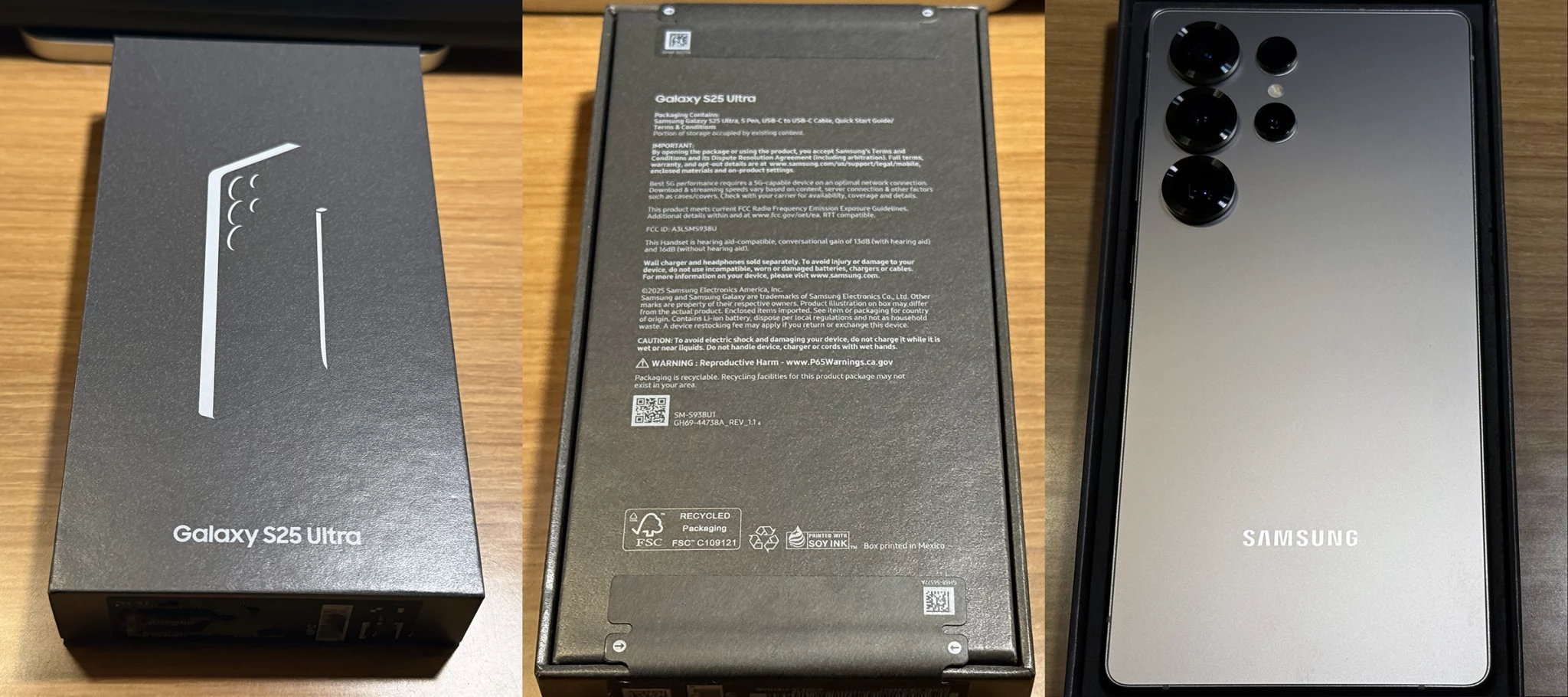As Steve himself put it, Apple is a company that tried to be at the intersection of technology, the humanities, and the liberal arts. This approach allowed the company to create the sort of products they did since 1997. This seed that Jobs planted in the way the company designs its products (which has human qualities and therefore, human flaws), is a key reason why so many people feel some attachment to the firms products. They are inanimate objects but they appeal to a certain part of our brains in a aesthetic sort of way (granted, not everyone has the same level of appreciation as not everyone feels the same about industrial design). There’s a little bit of Jobs in every MacBook, every iPod, every iMac, every iPhone out there.
And some of that aesthetic sense permeates the competitions products in some form (though not necessarily in the same complete way). And this is a small reason why many people who have never met Jobs, feel a great loss with his passing (I’m not too sure some would feel the same way if they knew his personality quirks but we’ll see once his autobiography goes public). The way he managed to transform Apple over the last 15 years has left a great impression not only at Apple, but also in many aspects of everyday life that we take for granted.
Steve Jobs left this earth early but in his short life, he contributed several lifetimes worth, enriching the lives of many. So upon further reflection, I need to say thank you Steve Jobs for allowing people like myself to actually experience both the failures and triumphs not only with regards to Apple, but also, lessons in life (something which his Stanford commencement address in 2005 lays out clearly).




2 Comments